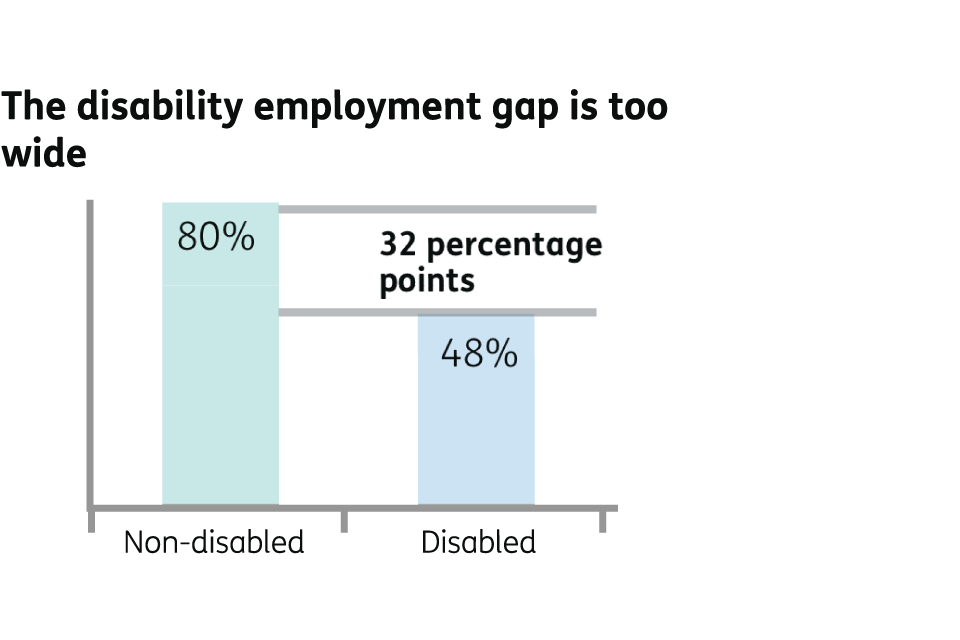This interview was great to read and discuss with my housemates. In the end we turned the TV off and instead decided to read the article together and discuss what it contained. We all had not previously considered several of the intersectional issues and the white-washing which exists in the disabled communities, as well as lack of proper representation in the media.
This was communicated so clearly in the interview, in a frank, relaxed and calm way. This made it resonated even louder, as the issue was so stark. It highlighted me to as well the dangers of optical ally-ship, or perhaps a monotypical-optical ally ship which fails to consider a range of intersectionalities.
The hashtag itself was so successful in gaining traction, highlighting different communities approaches/emotions towards disability activism and gaining media attraction.
It would be a great topic for discussion, or question to ask students if they could generate a hashtag which links together intersectional experiences to be shared in activism. I definitely want to continue my wider reading, research and discussion with peers so I feel more confident before designing and delivering a learning activity in such a way.

I am going to continue research on this are and come back to populate how adding intersectional data to this graph to see increased disparity.
2 responses to “#DisabilityTooWhite article/interview with Vilissa Thompson”
Hey Will,
That first paragraph sounds transformational on a number of levels.
I love that you watched this with your housemates.
Intersectional work starts at home, and shared houses vary between chosen/circumstantial & homo/heterogenous.
Also that you turned the TV off and diverted your attention away from (assumption) a distraction and to a challenging, perspective widening practice.
Finally, I appreciate that you clearly state that the data you currently have is not intersectional, but you have the intention to bridge the knowledge gap.
I’ve thought about this a lot, thank you for sharing.
Best. Zish
I thought it was empowering to have this discourse with your housemates. It’s not often that we turn off all the distractions and prepare to engage in some difficult conversations, all with the desire to become better versions of ourselves.
I too have concerns about ‘performative’ allyship in the workplace, and how damaging it is to inclusive efforts.